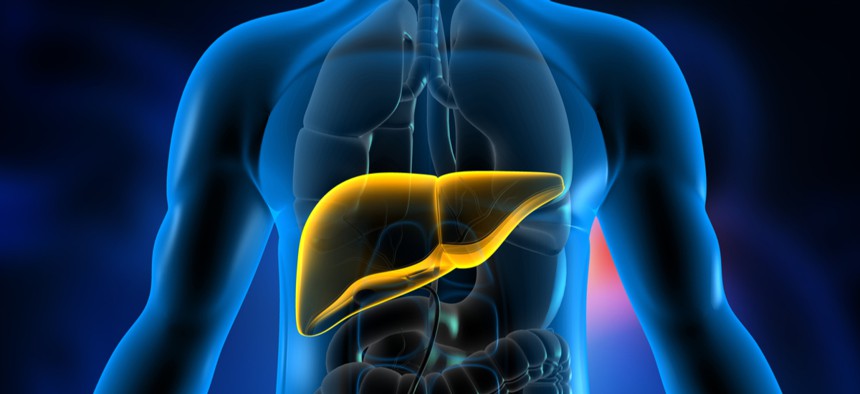DARPA Wants Research on Regrowing Human Organs

Explode/Shutterstock.com
The research agency is asking for insight and novel approaches to spark organ regeneration in mammals.
Of all humans’ internal organs, only the liver is capable of limited regeneration, or regrowing itself from remaining tissue once it’s damaged. The Pentagon’s research arm is driving research that may change that.
According to a recent request for information, the Defense Advanced Research Projects Agency’s Biological Technologies Office aims to “facilitate and accelerate research on neurological and critical organ regeneration with the goal to make substantial advancements in the next five years towards identifying, harnessing, and modifying developmental and molecular pathways resulting in regeneration after injury.”
DARPA officials note in the solicitation that while in most mammals, terminally impacted cell structures and organs are not programmed to immediately restore themselves once defunct, certain lower vertebrate organisms such as some fish can—particularly in their earlier developmental stages. “What developmental aspects in humans and more complex mammals are inactive in response to critical organ injury?” DARPA officials ask.
In an effort to “promote the goals of internal organ regeneration,” the agency asks health care professionals, researchers from academia, agencies and the private sector, patient advocates, and others to share details on relevant basic and translational research on the topic.
The RFI solicits insights across a range of topics including “novel technologies and approaches to facilitate organogenesis in vivo in mammals,” which translates to cutting-edge tools and techniques that can facilitate organ formation and development inside living mammals.
“Responses will be used to inform future DARPA opportunities and potential workshops on this topic,” officials wrote.
The deadline to respond is Feb. 28.






